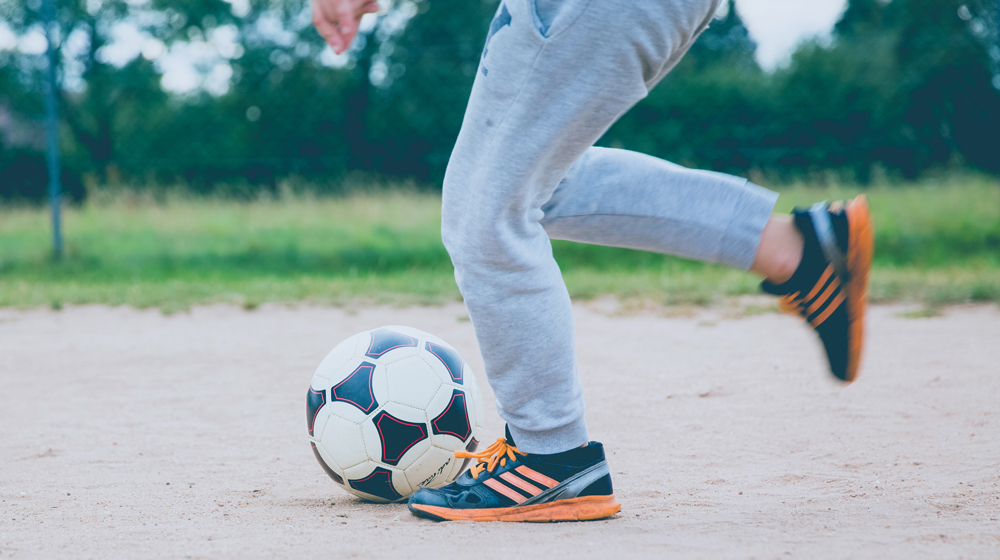7 Hot Tips From Book The Athletic Brain
Try these tricks the pros use to get an edge to finally beat your friends at golf, football, pool, basketball, etc.

1. Train under pressure
The goal when training should be to ensure that your brain has seen it all before and knows what to do no matter what the scenario. This is less practical for amateurs than pros to implement, but you can still work it into practices: simulate the pressure of a game by ensuring something is riding on the outcome, whether it’s money or simply the threat of having to run a lap around the field.
2. Visualise pathways
Neurons that fire together wire together, and imagining yourself succeeding at something is a great way to strengthen the neural pathways that will determine that success. Visualisation works better the more realistic it is, so focus on all your senses before big moments – whether in sport or outside it – and concentrate on the details. Feel yourself performing in the way you want to.
3. Overload your brain
Once you’ve learned a skill you can make it more robust and instinctive by training while performing other tasks. Some coaches get their charges to shout the colour of a dot on a ball as they catch it. Petr Cech, the Arsenal goalkeeper, practises catching against a table tennis robot to sharpen his reflexes and co-ordination. Be imaginative – how can you stretch the skills required for your sport?
4. Look in the right place
Your brain knows how to do most things – you just need to give it the right information. Whether you’re playing pool, golf or basketball, simply looking at the target for longer before you start your action can make a huge difference by letting your body align its movement with your gaze. Try saying out loud a set phrase such as “sight, focus” before you take a shot to fix your eyes on the target.
5. Use “massed practice”
If you’re struggling to learn a new skill, research suggests it’s better to dive into it for an extended period, rather than spreading out your efforts. Early in his career, snowboarder Billy Morgan would work for six months then spend six months snowboarding – because of this his brain changed more quickly than it would have if he’d spread out his snowboarding across the year.
6. Get your head out of the game
One of the simplest fixes for “paralysis by analysis” is to simply give your brain’s interfering left hemisphere something else to do. Something as simple as clenching your left hand could help to maintain your sporting performance under pressure. Other athletes have used performance cues – saying a word out loud as they hit the ball in golf or tennis, or singing to themselves to keep their brain busy.
7. Tire your brain out
By doing a mentally fatiguing or boring task and then going out to exercise, you’re stretching the brain’s powers of response inhibition – its ability to ignore the signals from the body telling you to stop – so you should be able to go for longer. Scheduling some longer runs for after work will make your brain feel like it has covered extra distance, so when it comes to a race, it will be used to the feeling.
Get the Coach Newsletter
Sign up for workout ideas, training advice, reviews of the latest gear and more.
The Athletic Brain (£16.99, Simon and Schuster) is out now. Buy on amazon.co.uk
